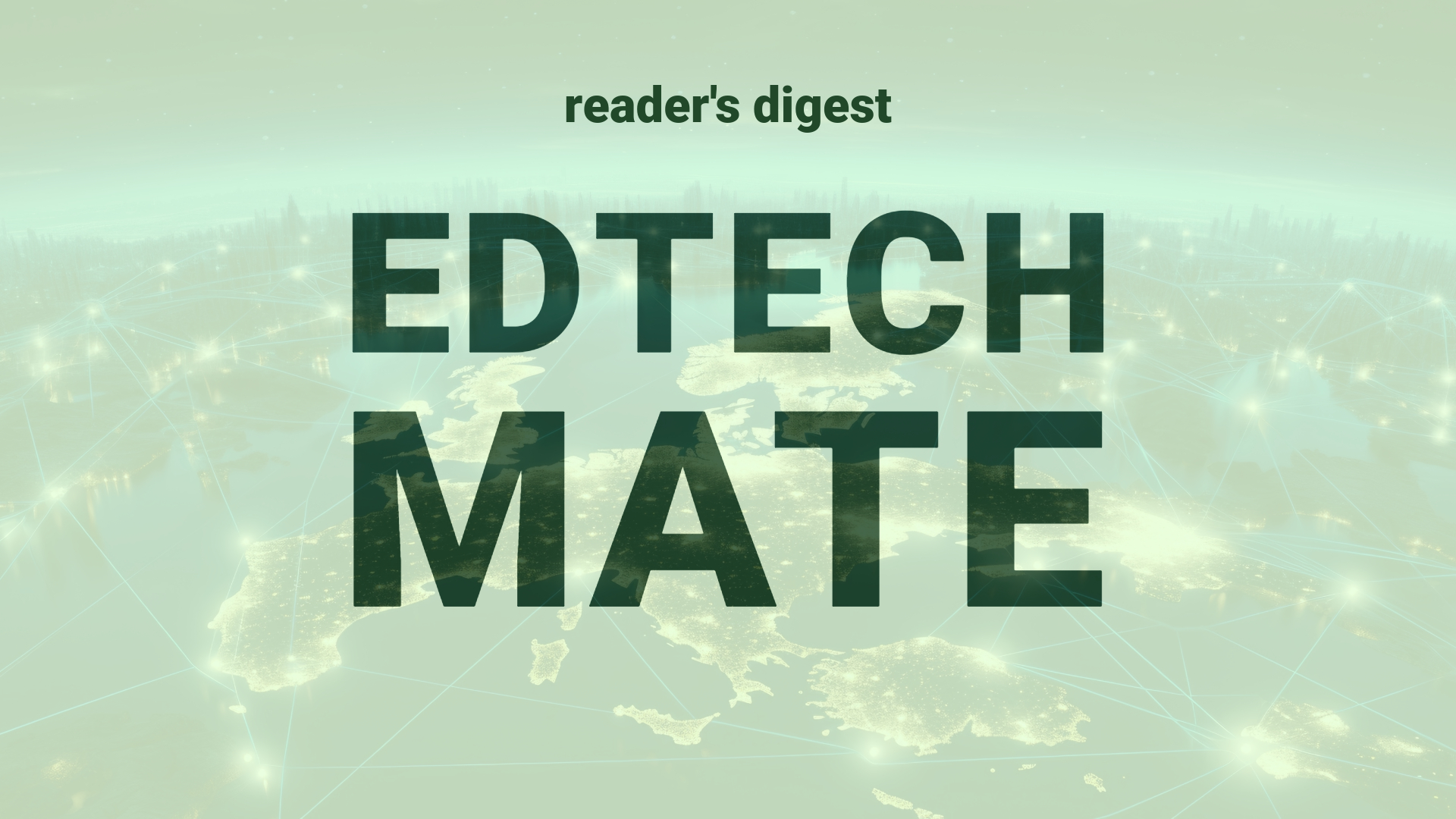Executive Summary and Main Points
Jennifer Pahlka, founder of Code for America and former U.S. deputy chief technology officer, brings forth insights from her government experience and highlights the necessity for government institutions to embrace digital transformation. A key innovation discussed is the application of user-centered design principles from the tech industry to improve public sector service delivery. Additionally, the concept of delivery-driven policy and the increasing importance of building internal digital capabilities within public institutions are emphasized. Recent advancements, such as the use of generative AI for simplifying complex bureaucratic language, provide compelling evidence of technology’s potential in governmental settings.
Potential Impact in the Education Sector
The education sector, encompassing Further Education, Higher Education, and Micro-credentials, could see profound effects from the discussed trends. The lean and responsive approach to technology implementation could streamline administrative processes and enhance student services. Digital tools, prioritizing user needs over governmental convenience, could result in more accessible and efficient enrollment systems, financial aid processing, and resource distribution. Collaborative models like strategic partnerships between educational institutions and tech companies, much as Pahlka describes, could propagate innovative digital solutions across campuses globally.
Potential Applicability in the Education Sector
Innovative applications of AI and digital tools may include developing intuitive course registration interfaces, automated student support services, and AI-driven personalized learning pathways. AI could also assist in the distillation of complex academic policy documents into more comprehensible content for students and staff, thereby increasing transparency and engagement in institution-governance. An emphasis on the user experience, borrowed from the tech sector, could transform the manner in which education services are conceived and delivered on a global scale.
Criticism and Potential Shortfalls
Critical analysis of the integration of digital tools in government service delivery reveals potential shortfalls that might parallel in the education sector. The risk of an overreliance on technology could potentially lead to an erosion of human-centric service provision, as well as exacerbate accessibility issues for those less technologically adept. Ethical concerns regarding data privacy and security, especially pertinent to educational institutions with vast databanks on their students, must be diligently addressed. Furthermore, cultural implications, like the varying technological readiness and acceptance across different societies, pose significant challenges to a one-size-fits-all approach.
Actionable Recommendations
For the successful implementation of these technologies within the education landscape, it is suggested that educational leaders adopt a phased, user-first design approach to digital service delivery, ensuring pilot programs and feedback loops are established before full-scale implementation. Strategic insights include fostering cross-disciplinary teams to blend educational expertise with technological acumen, and developing a culture of ongoing digital literacy and training within educational institutions. Leaders should also consider ethical guidelines for AI usage, ensuring data protection and equitable access to technology-enhanced educational services.
Source article: https://www.mckinsey.com/mgi/forward-thinking/delivering-services-to-the-public-digitally-with-jennifer-pahlka

